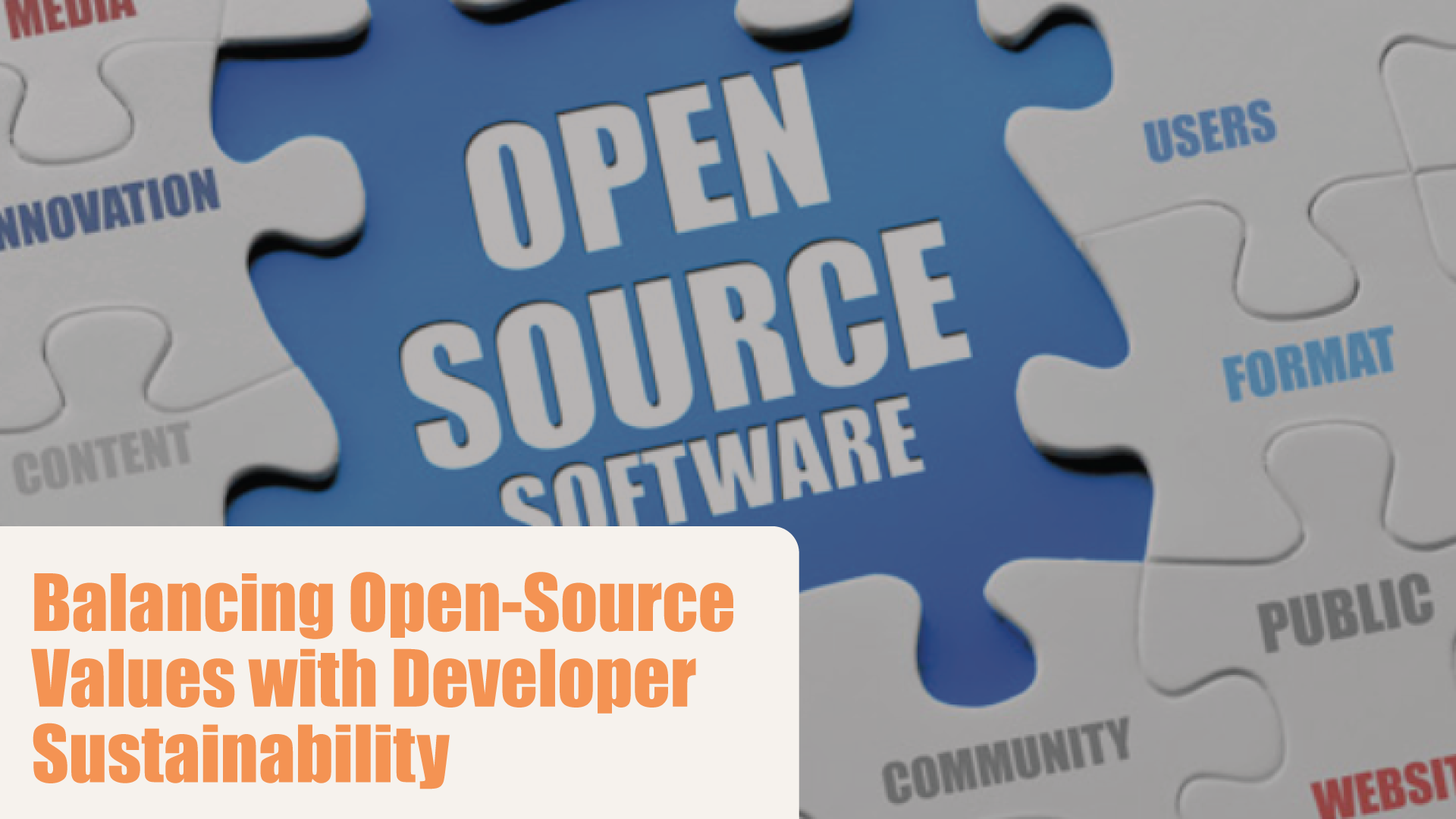The open-source software (OSS) movement has democratized software development, fostering collaboration and innovation. However, with the rising popularity of free software, ethical considerations regarding developer sustainability come into play.
The Core Values of Open Source
Openness and Collaboration:
The Core Values of Open Source
- Openness and Collaboration: The foundation of OSS lies in freely shared code, allowing anyone to contribute and improve the software.
- Community-Driven Development: Open source thrives on a vibrant community that provides support, fixes bugs, and adds features.
- Free Access and Redistribution: Users have the freedom to use, modify, and redistribute open-source software without restrictions.
The Challenge of Sustainability
Developing and maintaining high-quality software requires significant time and effort. For many developers, contributing to open-source projects is a passion project done alongside paid work. Here’s where the ethical dilemma arises:
- Maintaining Motivation: Without proper incentives or recognition, developers contributing to open source might struggle to stay motivated in the long run.
- Long-Term Project Health: If core developers abandon a project due to unsustainability, the software’s future becomes uncertain.
Striving for Balance
There are ways to encourage ethical and sustainable open-source development:
- Sustainable Funding Models: Many projects explore funding models like donations, sponsorships, or grants to support developers.
- Community Appreciation: Creating a strong, appreciative community that acknowledges developers’ contributions goes a long way.
- Focus on Contribution Models: Clearly define contribution models, allowing individuals with various skillsets to participate meaningfully.
Conclusion
Open source software is a powerful force in the tech world. By acknowledging the ethical considerations surrounding developer sustainability, we can ensure a healthy and vibrant open-source ecosystem for years to come.

